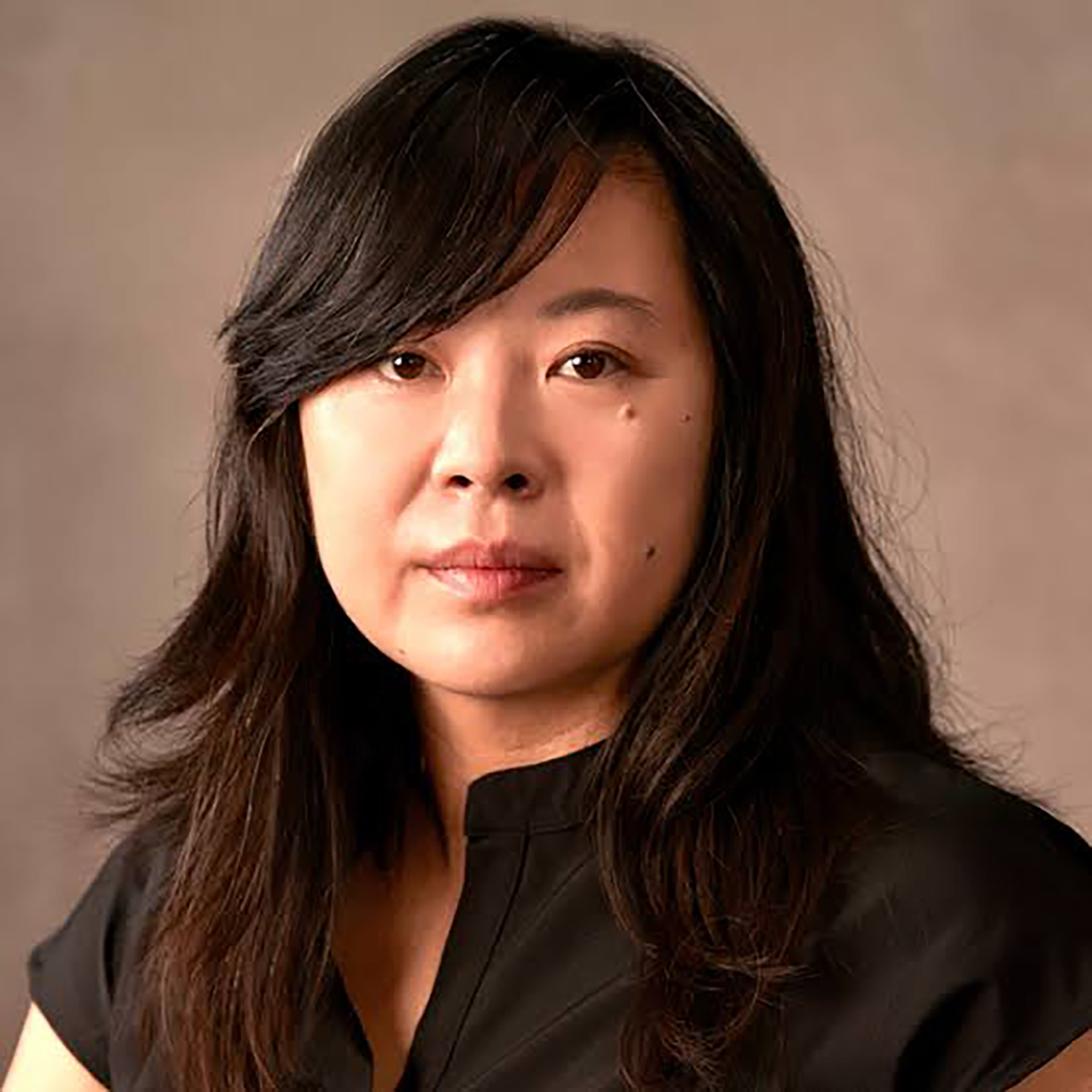
- Interviews
Malene Choi on “The Quiet Migration”
Malene Choi, a South Korean filmmaker, has only been to Berlin once but it is her second visit to the German capital that promises to be the most memorable. It is here at the 2023 edition of the Berlin Film Festival her film Stille Liv (The Quiet Migration) will premier.
Adopted as a child, Choi grew up in Denmark where she studied at the National Film School of Denmark. Her graduation film InshAllah won an Honorary Mention at the 2006 Hot Docs Festival in Toronto while her debut feature-length film, The Return, received a Special Mention at the Göteborg Film Festival in 2018.
Her latest feature Stille Liv centers on a young man named Carl (Cornelius Won Riedel-Clausen), the Korean adoptive son of a couple who oversee a dairy farm. Their hope is that one day he will take over the homestead. But living in a predominantly white society, he faces constant reminders about how different he is. His struggles lead him to yearn for his own cultural roots and question his future path.
The HFPA talked with Choi about the film and playing the festival.
What is it like to present your film in Berlin?
I’m very honored because it’s a great festival. I think the festival supports innovative filmmaking. And it’s very close to Copenhagen so we don’t have to go to the United States.
This story is quite personal for you, having been adopted into a Danish family as well. Why was this story important for you to tell?
It was important for me to tell the story from a male perspective because I only know transnational introduction from my side, which is a female perspective. So I wondered what it was like to be a boy or a young man, what problems do they face in their life or other similarities, or is there something else with this masculinity? And in Denmark, ethnic Danes are quite tall. [Laughs.] I was wondering about having an Asian body in Denmark, what is it like? That’s how I started out to research, to talk to a lot of adoptees from different places all over the world. A lot of them talked about that they had to fight in the schoolyard and they were smaller and so I was more like, okay, this is something that I wanted to put out there because I guess that nobody thought about it.
One doesn’t think of prejudice in Denmark. We are led to believe that maybe prejudice exists in urban areas but not rural ones. How much of this immigrant issue did you experience?
[My] whole life I had experienced it in my own adopted family or at school. And then when I moved to a bigger city, to Copenhagen, many of my friends here, they don’t believe it because people are so well educated and cultivated and so on, but there is also another side to it that in some places, some people are racist, yeah.
Many filmmakers have to build their sets but I am going to presume you didn’t build a dairy farm. How did you decide on this location?
We went around in the mainland in Denmark to find a farm where we could connect with the farmer. We visited several and then we found this farm. It’s a woman who owns it and she’s alone with 86 cows and we connected really well. He was willing to help us with the film and be a consultant, like an animal consultant on the film. So for us, it took some time to get the right location because I wanted to find somebody who would also want us to be there.
My grandparents, they also had a farm. I was quite young and I played in the stable, so I kind of remember that environment and the cornfields and the blue skies. But they passed away many years ago so maybe I chose the location or setting because of something that had reminded me of my childhood.

